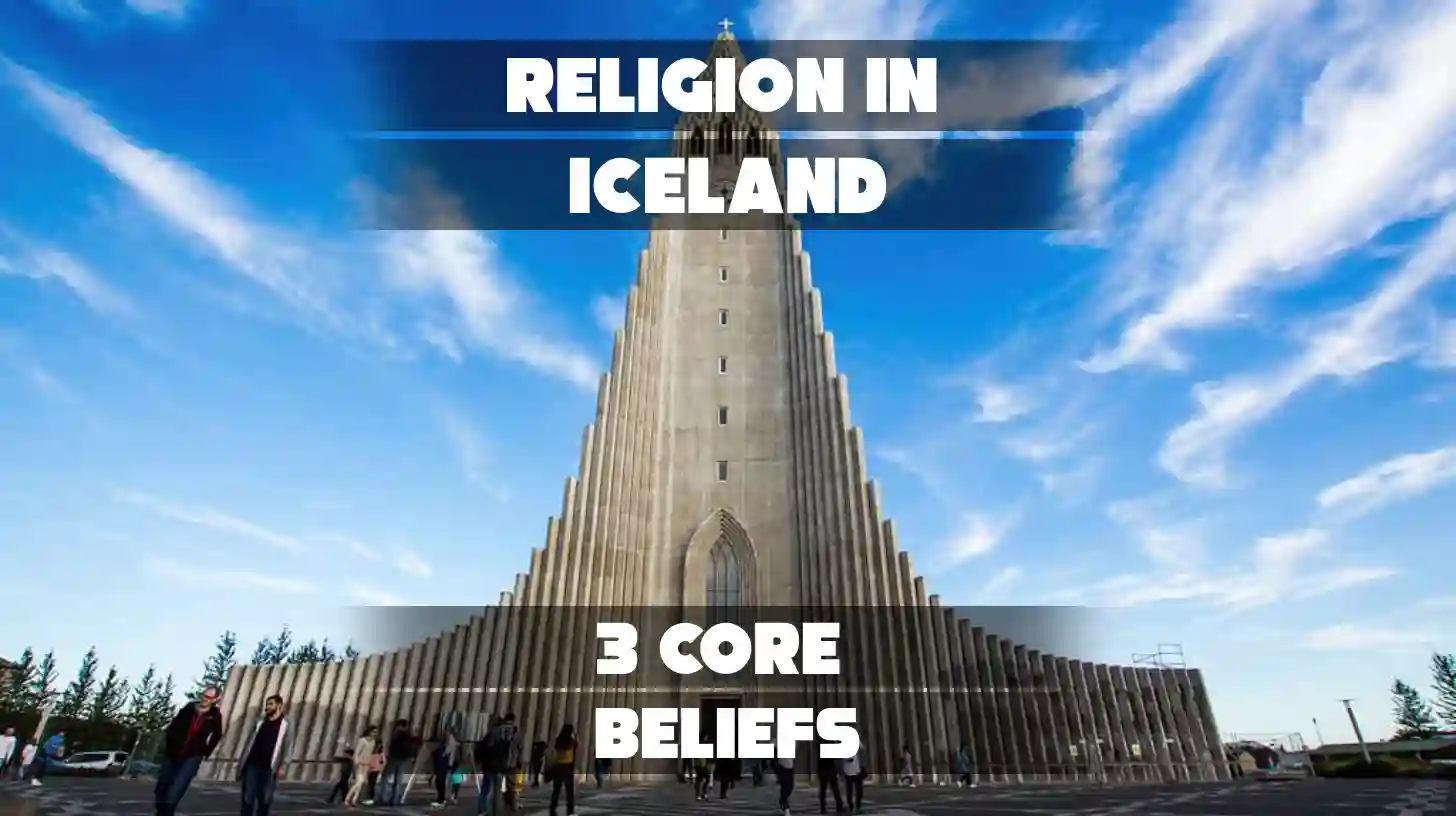What role does religion in Iceland play in shaping its culture and society? Religion in Iceland has changed a lot. It started with Norse paganism, then came Christianity, and now secularism is growing.
In this article, we’ll explore:
- Christianity’s influence
- The growth of secularism
- Religious variety and tolerance in Iceland today
By taking this journey, you’ll see how Iceland mixes its history with modern ideas, and how religious people live with both old and new beliefs.
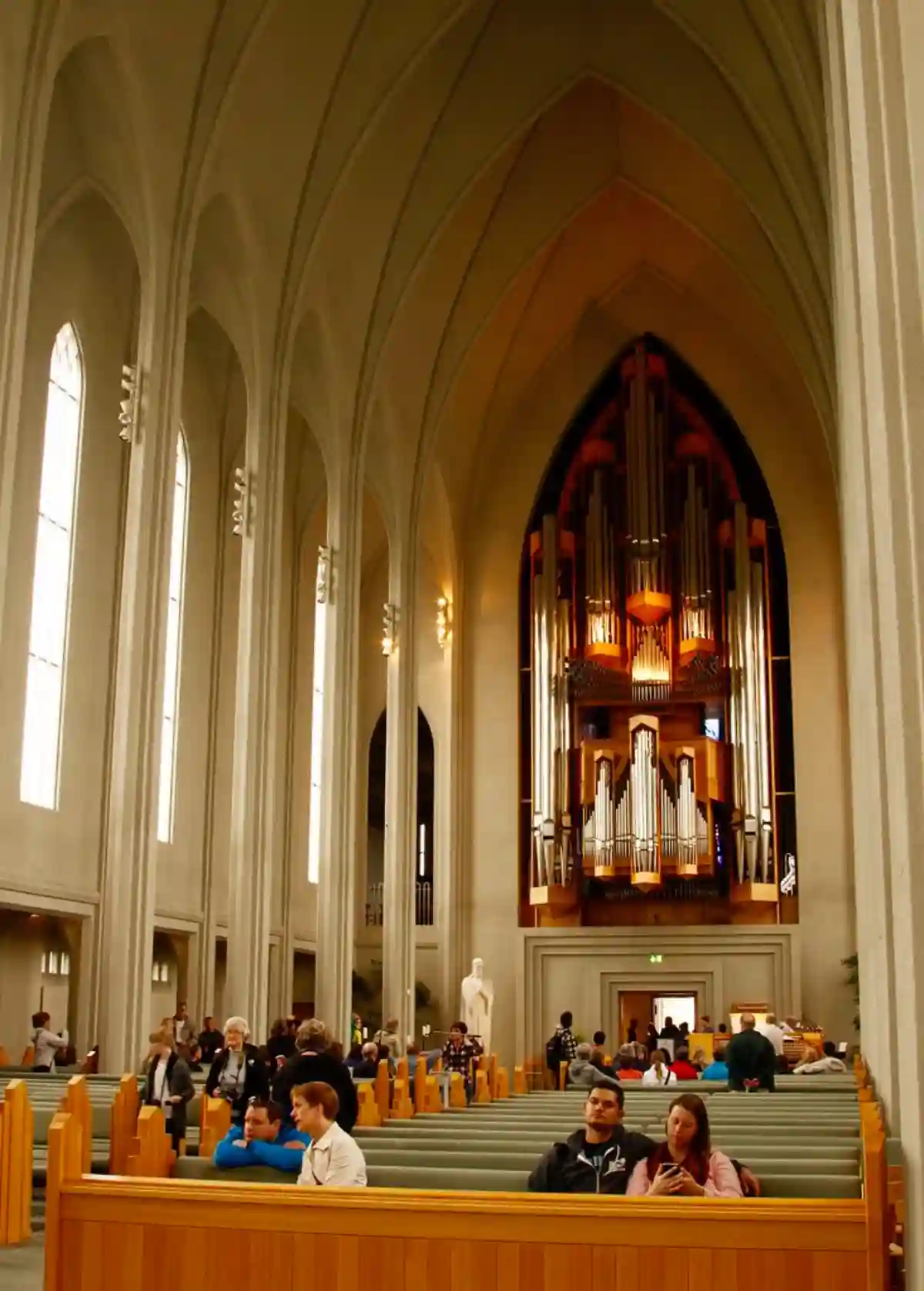
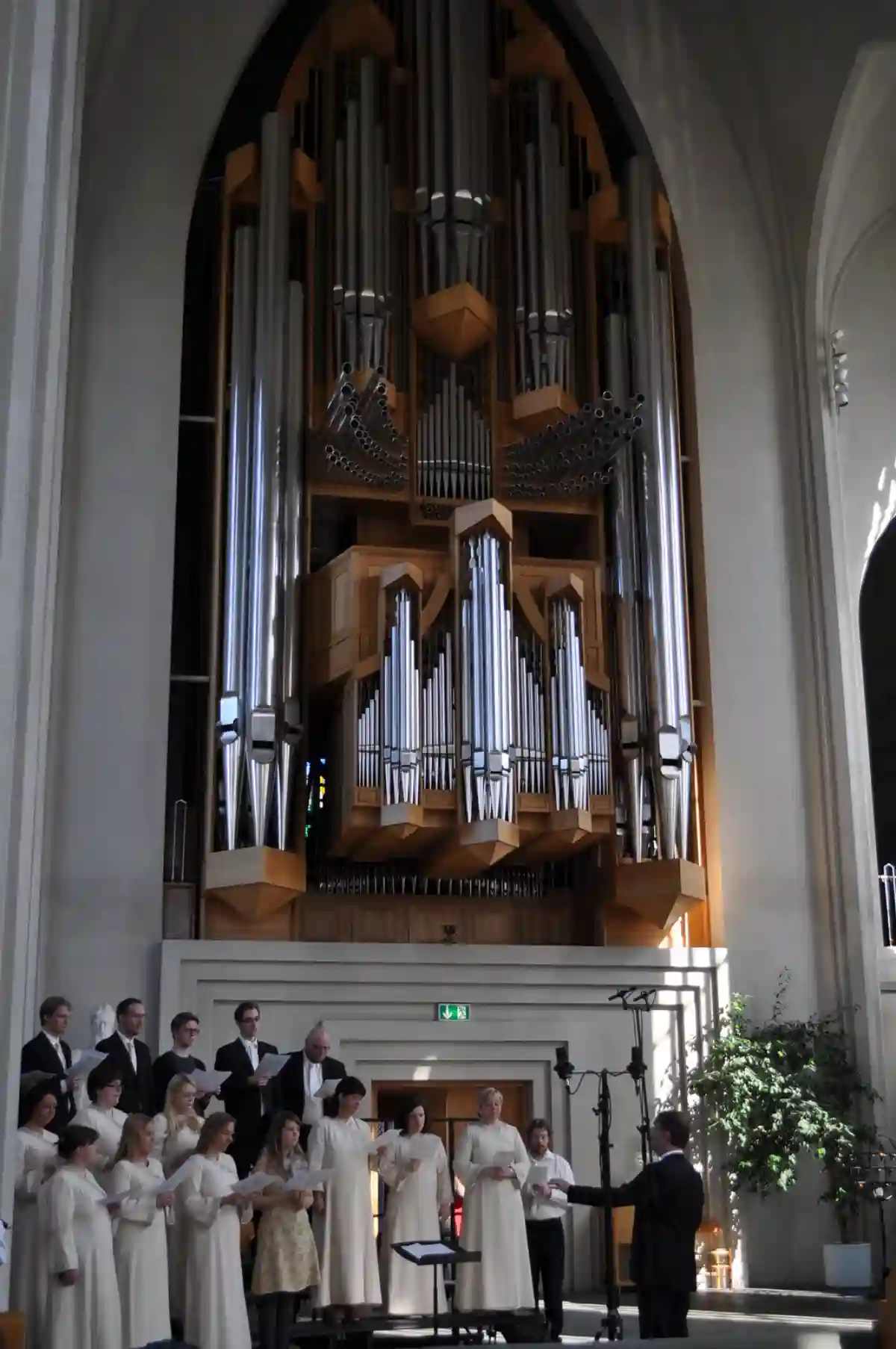

An Overview of Religion in Iceland
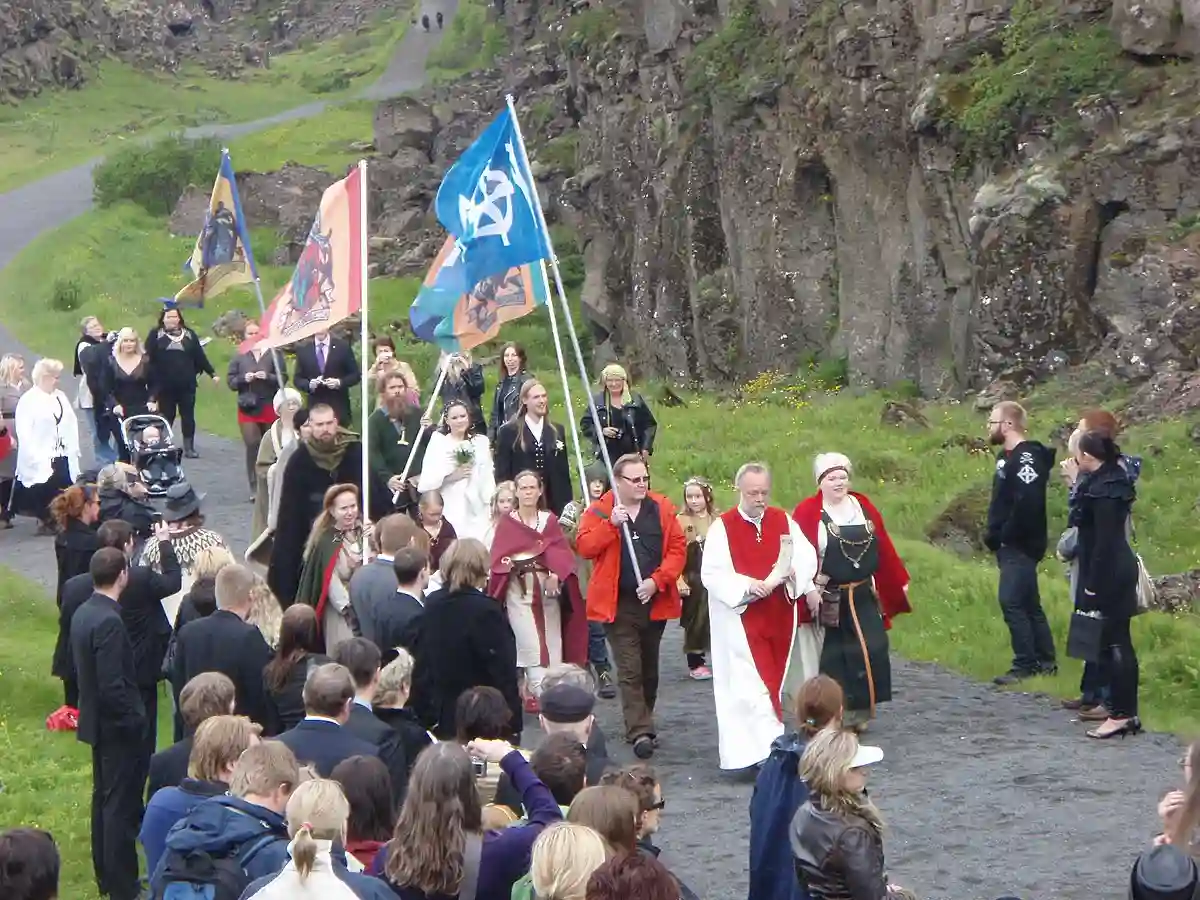
Religion in Iceland has a long history. It began with the northern Germanic religion before Christianity arrived in the 10th century. Today, the Evangelical Lutheran Church is the state church and official religion of Iceland. Most Icelanders, about 80%, follow the Lutheran religion. Smaller groups follow the Catholic Church, Islam, and other religions.
Religious practices in Iceland are part of the country’s history. Even though Christian denominations like the Lutheran Church are strong, there are still signs of the pagan past in Iceland. The major religions shape much of Icelandic culture and traditions.
See Also Iceland Travel Tips
Major Religions in Iceland
1. Christianity and the Lutheran Religion

Christianity came to Iceland around 1000 AD, when the Alþingi started Iceland’s Christianization.. The Evangelical Lutheran Church became Iceland’s national church. Today, it is still the state religion, with the vast majority of the Icelandic population being devout Christians.. Religion in Iceland has a strong focus on Christian beliefs, and Christianity still shapes much of the culture.
Christian holidays like Christmas and Easter are still celebrated, following Lutheran principles. But, in recent years, church attendance has dropped, and many Icelanders now identify as secular or non-religious. Despite this, Christian values still influence the country’s law code and civil or national rights. The Lutheran religion faces challenges due to a growing syncretic attitude and the rise of new religions.
Many Icelanders now also explore old gods from Iceland’s pagan past, like the Norse people’s deities. Catholic priests, part-time priests, and other religious groups exist, reflecting Iceland’s commitment to religious freedom and diversity.
2. Norse Paganism
Before Christianity, Norse paganism was the main belief system of the first inhabitants of Iceland. People believed in old gods and celebrated with feasts called blóts. They also celebrated the summer solstice.
In the 20th century, there was a revival of Germanic neopaganism through groups like the Ásatrúarfélagið. These beliefs are still important to many Icelanders today.
Norse mythology is part of Icelandic history and culture. Even though Christianity is the main religion, Norse paganism and other religions are still part of life in Iceland.
3. Minority Religions
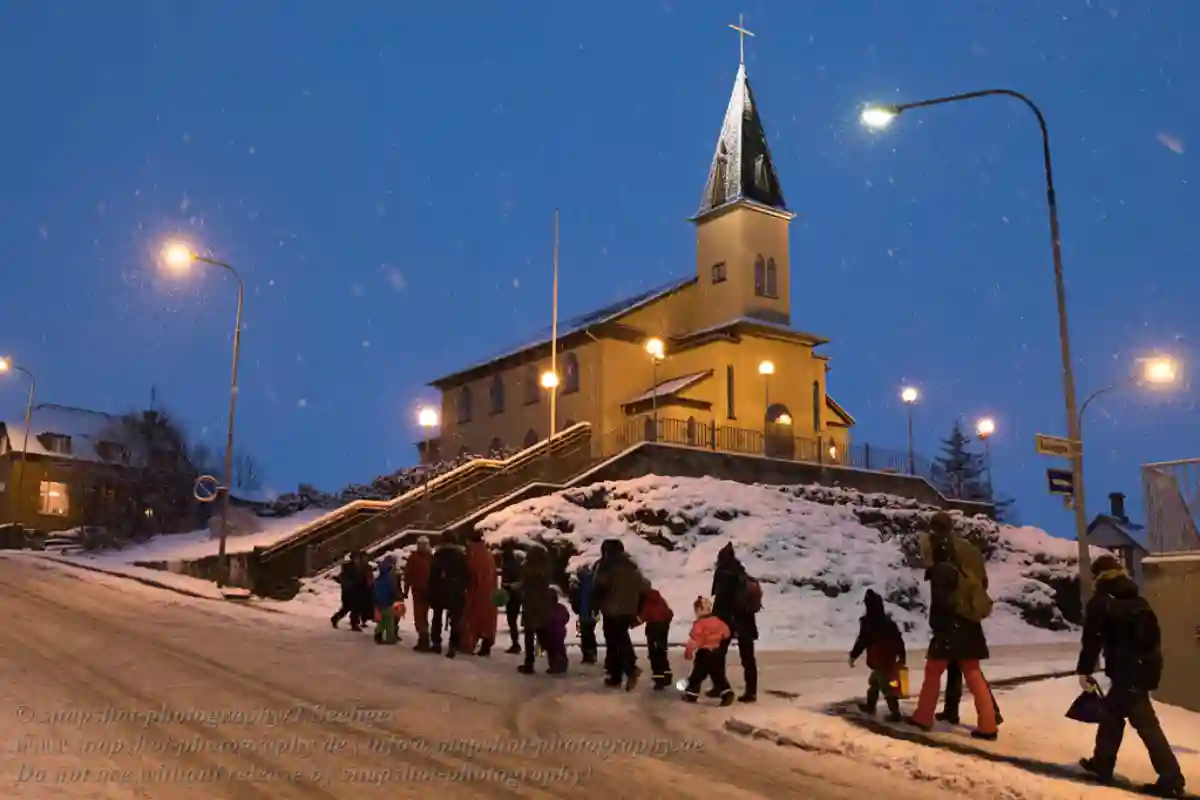
Although the Evangelical Lutheran Church is the state religion in Iceland, other religions are also present. Some Icelanders follow the Catholic Church, Protestantism, and other Christian denominations. There are also followers of Islam, Buddhism, and Hinduism, especially due to immigration. Iceland’s laws protect religious practices and the rights of religious groups.
People in Iceland have the freedom to form religious associations and practice their beliefs. This shows Iceland’s respect for all religions, making it a country that supports religious variety.
See Also Traditional Icelandic Clothing
Non-Religious Movements in Iceland
Secularism and Atheism

Secularism in Iceland has grown a lot over time. In the past, most Icelanders were devout Christians and followed the national church. But since World War II, many people in Iceland have started to believe less in religion. Today, more Icelanders say they are non-religious or atheists.
These changes happened because of better education and more information. Many Icelanders now focus on secular values like gender equality and social justice, which are also in the country’s laws. These values are changing how people live and think. Secularism is also changing how people see religious grounds in public life and religious practices.
Iceland’s laws now support LGBTQ rights and gender equality. The Lutheran principles are not as important as before, and many Icelanders are asking if religion should still be in government. Secularism continues to grow, and many people are starting to question the role of church literature in everyday life.
Humanism and Non-religious Philosophies
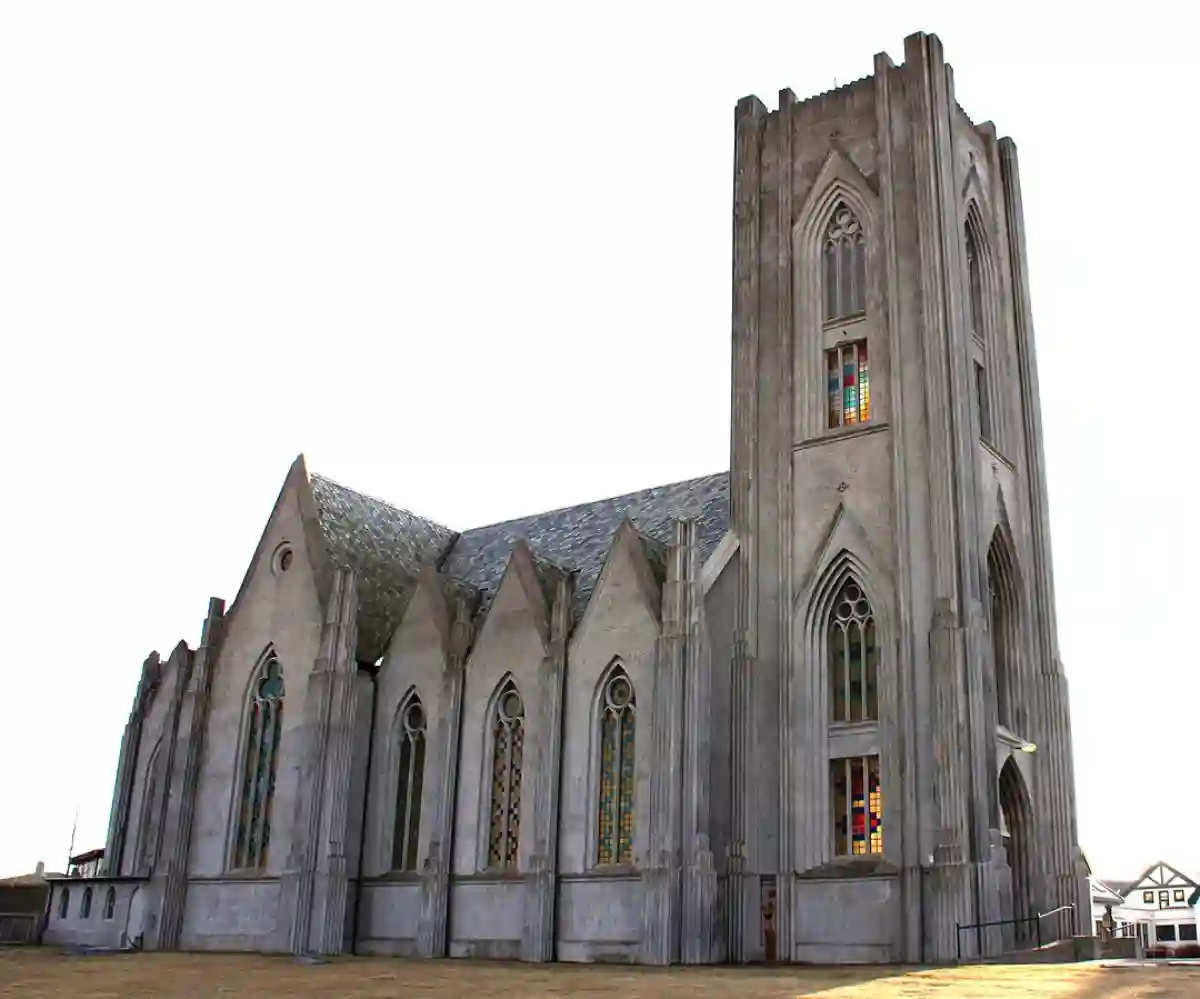
Icelandic Humanism is growing in Iceland. It focuses on reason, empathy, and good morals, not religious beliefs. Iceland’s state religion is the Lutheran religion, but many Icelanders follow other religions or don’t follow any religion. The Icelandic population is more varied now. The Icelandic Humanist Association helps spread these ideas.
It supports freedom and equality for everyone, including devout Christians and Catholic priests. Even though Lutheran principles are important, more people are choosing their own beliefs.
New religions are also growing, and Iceland is becoming increasingly different in terms of religious associations, with such an association playing a role in the country’s various religious landscape. Everyone is free to believe what they want on religious grounds.
See Also Icelandic Folklore
Religious Freedom and Tolerance in Iceland
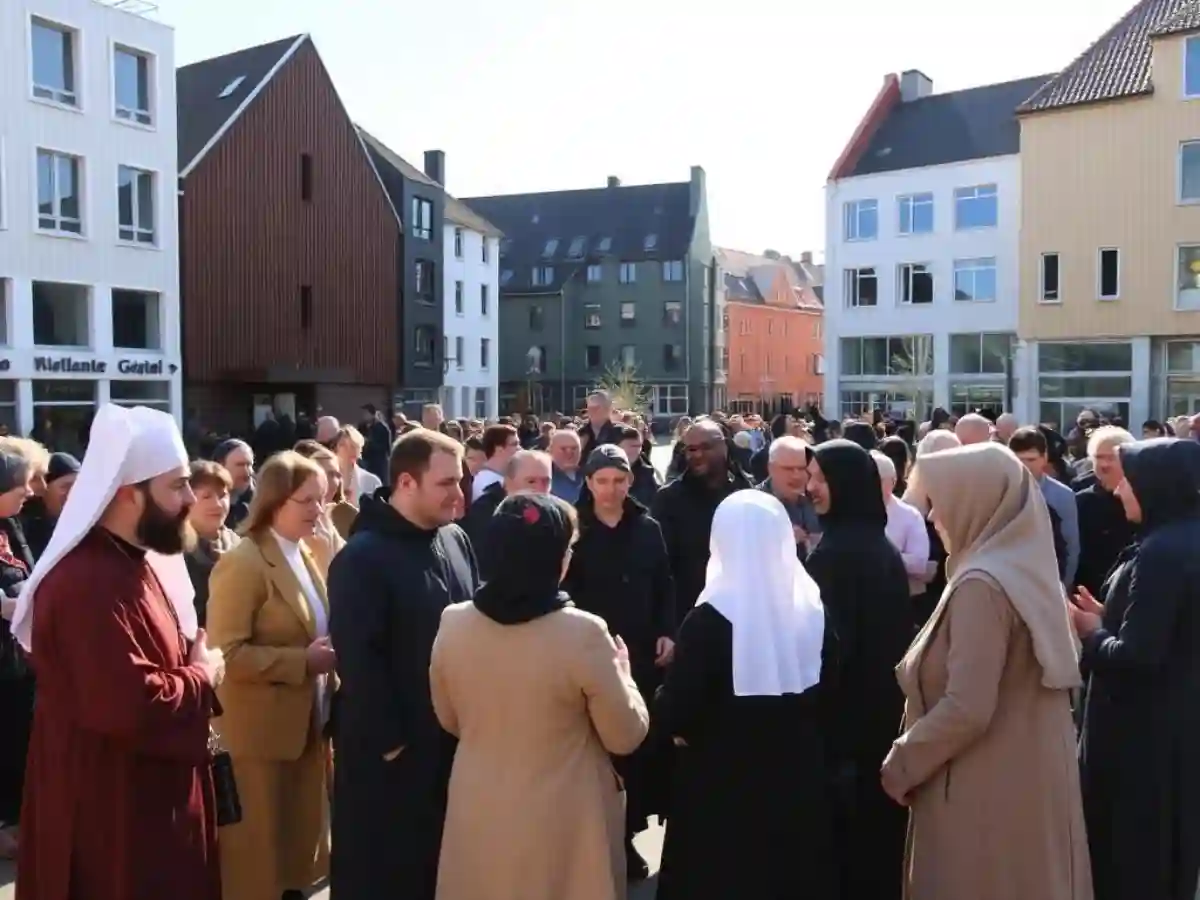
Iceland supports religious freedom through its laws. Icelandic people can follow any religion or none at all. The state religion is the Lutheran religion, but church and government are separate. This means no religious group, like the Evangelical Lutheran Church, can control politics. Iceland also respects other religions, giving space for everyone to follow their own religious beliefs.
The country supports religious groups, helping them practice their faith. Iceland encourages respect between different religions, helping people understand each other. Iceland is known for religious tolerance and freedom, and it protects the rights of everyone, no matter their religion.
See Also Best Time to Travel to Iceland
The Influence of Religion on Icelandic Society and Culture
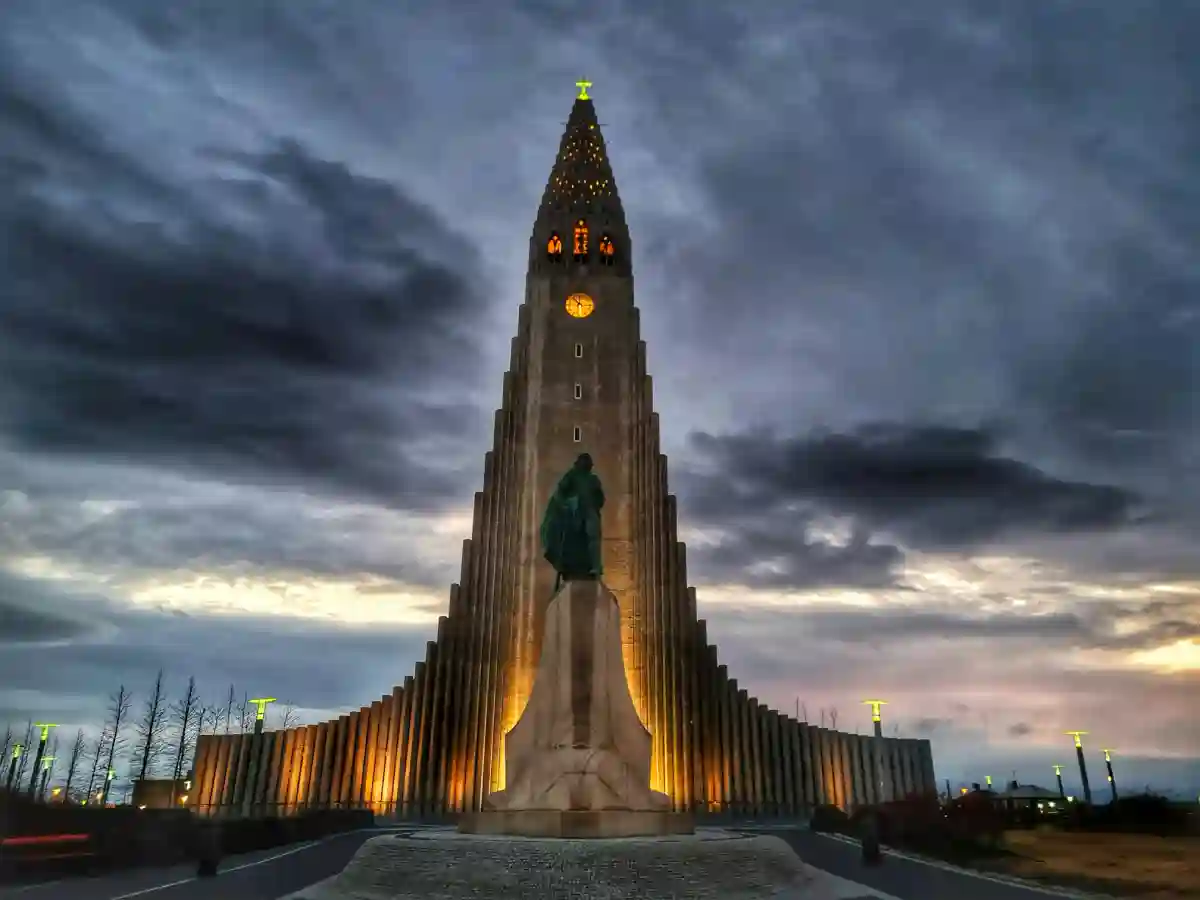
Religion in Iceland is important. Most Icelandic people are Christians, mainly in the Lutheran Church. The Catholic Church was once strong, but today fewer people follow it. The first settlers in Iceland followed the northern Germanic religion, believing in many gods. Some old traditions are still practiced today, like those from the Zuist Church.
Religion is part of life events, like weddings and funerals. Even though Iceland is mostly Christian, people are free to follow their own beliefs. Iceland’s culture mixes Christianity with old traditions.

Religion in Iceland: A Recap
Icelandic history shows a shift from Germanic societies and Norse paganism to Christianity. Today, the Evangelical Lutheran Church is one religions in Iceland, but many Icelanders are now secular. Religious people have freedom, and religious groups like the Zuist Church are respected. The country ensures a generally applicable civil duty for all, regardless of belief.
The Icelandic people value freedom and religious tolerance. Islam and other new religions are also growing. Icelandic history shows how the first inhabitants shifted from old traditions to new leadership and modern laws. Iceland’s government supports religious freedom and equal rights for free men, making it a model of inclusivity.


